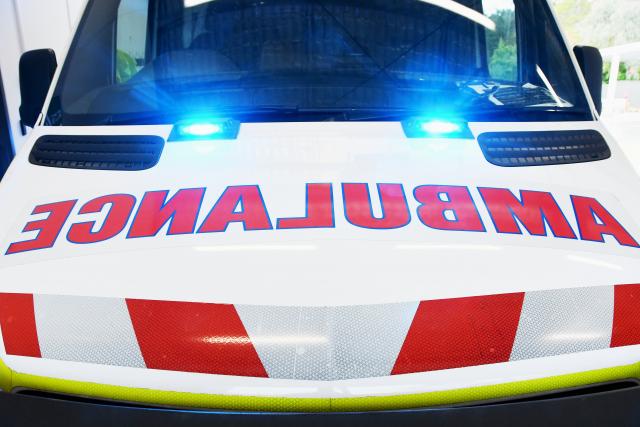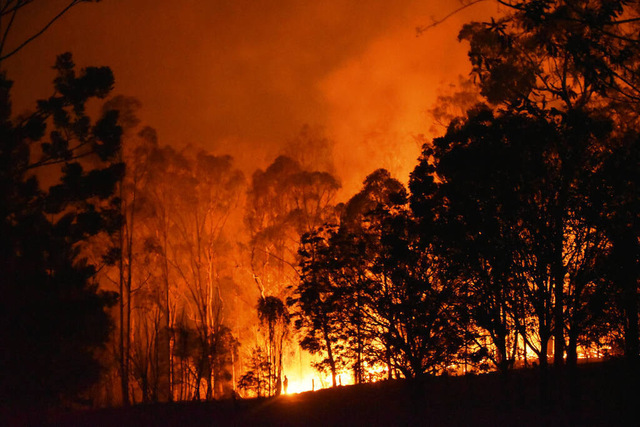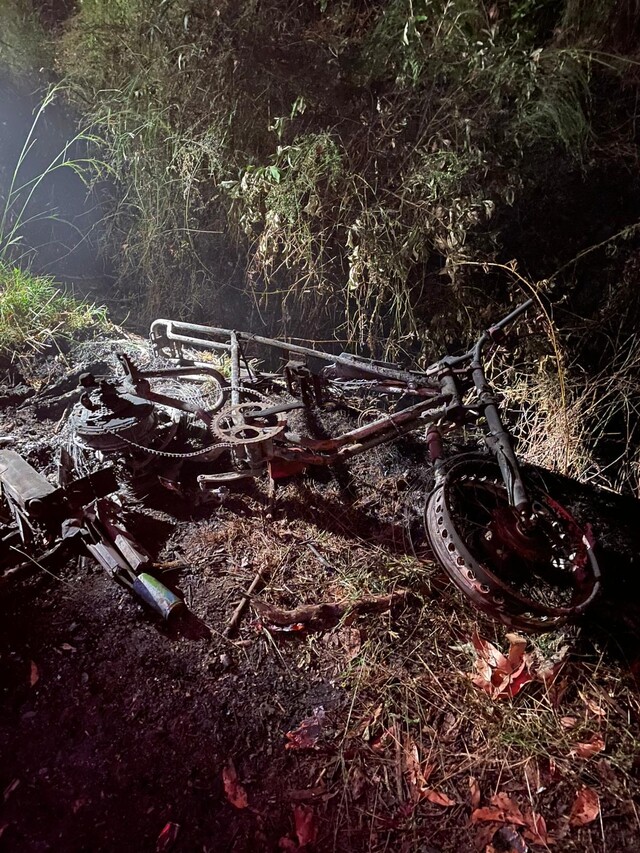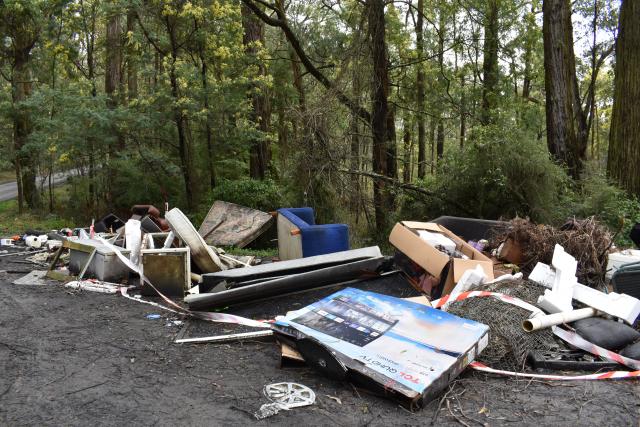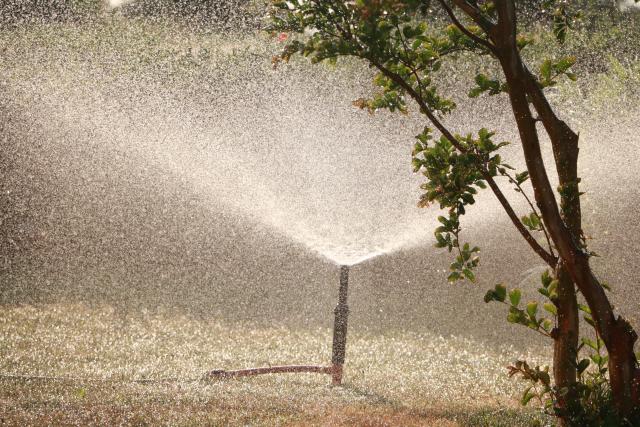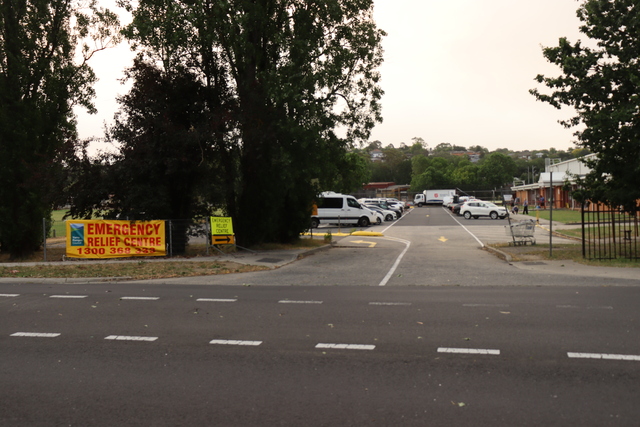A Bendigo mother has urged the community to consider the Victorian Virtual Emergency Department (VVED) as their go-to option for non-life-threatening medical emergencies.
Robina Saunder was sick with Covid-19 when she suddenly developed a head-to-toe rash and shortness of breath.
She was confident the condition wasn’t life-threatening, but said the symptoms worried her family.
“I could see the concern on my husband’s face and he asked, ‘do we need to go to the hospital?’,” she said.
“Coincidentally, while this was happening, our neighbour, who is a paramedic, came around to drop off some eggs from her chickens.
“My husband explained what was going on and she told him to contact VVED. It was her advice that prompted us to use it.
“That was the first time we’d ever heard of it.”
VVED is an Australian-first video telehealth medical consultation service, run by Northern Health and funded by the Department of Health, for people with non-life-threatening medical conditions.
It is free to access and staffed by highly skilled emergency doctors and nurses who can assess and treat patients virtually, arrange referrals and provide a follow up care plan, if required.
VVED is available across Victoria 24 hours a day, seven days a week, and can be accessed by anyone with a mobile device and an internet connection.
Importantly, it helps keep ambulances available for the sickest patients.
Robina’s neighbour, Ambulance Victoria paramedic Kyla Aucote, said VVED was the perfect service for her friend.
“I was quite concerned because a few years ago Robina had an anaphylaxis event with unknown cause, where she had similar symptoms to this and had to be taken to hospital,” Kyla said.
“After speaking to Robina’s husband, I felt the chance of it being that was low, but I knew she needed to see a doctor as soon as possible, so I recommended they use VVED.”
Robina was connected to a VVED nurse almost immediately, then passed on to a doctor who assessed her rash and breathing via video.
“It’s virtual but it’s real and immediate,” Robina said.
“I felt reassured because everyone was so caring and I didn’t have to put others at risk by visiting my GP clinic while Covid-positive.”
The VVED doctor determined Robina required urgent medical treatment and arranged for an ambulance to be sent to her house, where the paramedics could administer medication without needing to transport her to hospital.
“Within the hour I was fine,” Robina said.
“I didn’t have to show up at an emergency department and wait for hours or take up a hospital bed when I didn’t need it.
“The whole process was simplified. I was so impressed with it.”
Kyla said VVED had been the best development in her 19 years as a paramedic.
“Especially in regional areas where wait times to see GPs can be extremely lengthy, VVED allows timely assessment and treatment which is important to stop the progression of the patient’s illness,” she said.
“It’s also great for the patient as no one wants to drag themselves out of the house when they’re feeling sick.”
She said it’s making an impact in helping ambulances get back on the road quicker after attending to patients.
“There are some patients that are hard for paramedics to medically clear and normally we would transport them to hospital – now we can clear them by consulting with a doctor through VVED,” Kyla said.
“It can save us all a trip to hospital, and we are able to teach the patient that they can access VVED themselves in future.”
Some other options available when people need timely medical care and health advice but don’t need to visit an ED or an emergency ambulance include Urgent Care Clinics, Nurse on Call, local GPs and pharmacists.

